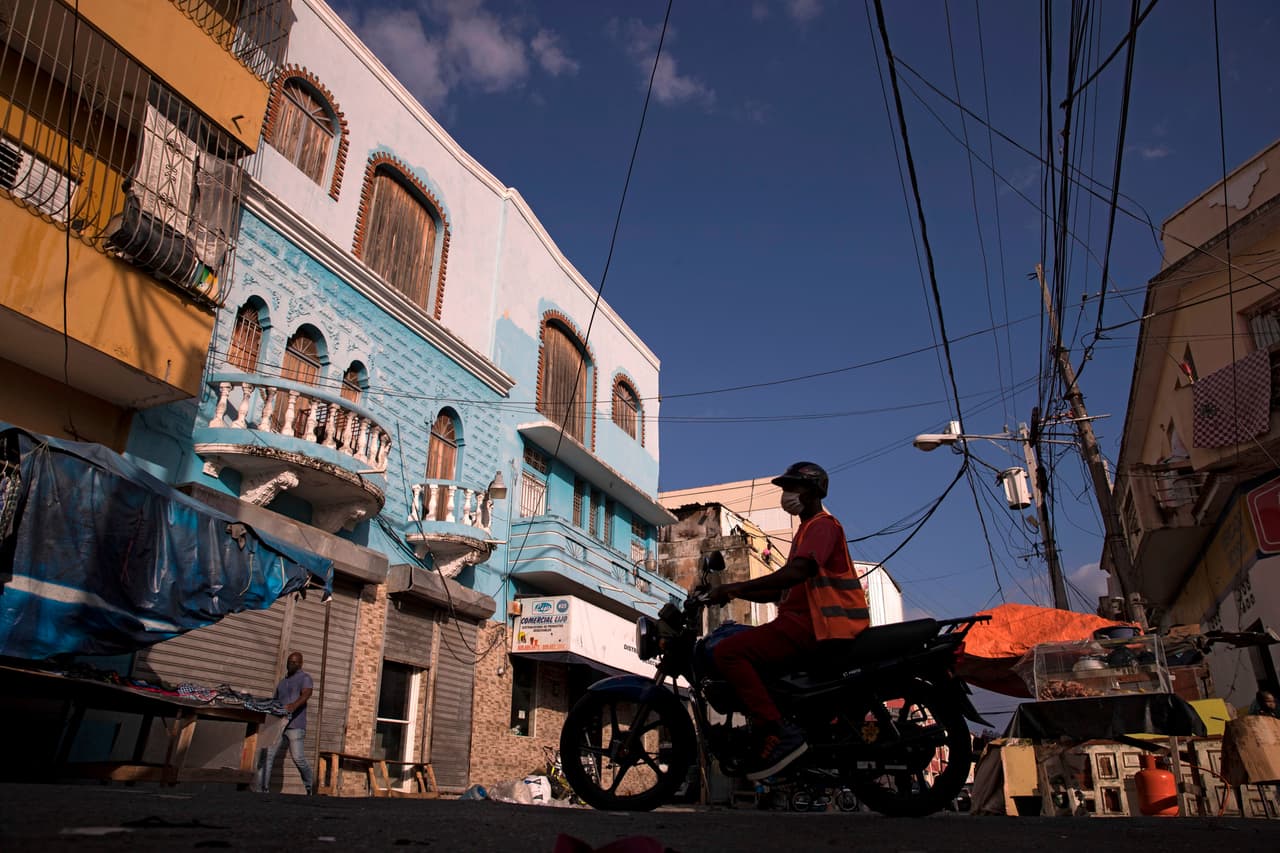
Vaccine contract forces a government to pay if Pfizer makes mistakes
An unredacted Pfizer contract with the Dominican Republic shows the company has been given wide-ranging indemnity against it covering any legal action, meaning it would not itself have to pay up for legal problems at any step of its vaccine supply chain.
The contract, which was obtained by Knowledge Economy International, a US NGO that campaigns on equitable access to drugs, provides the exact wording of the expansive indemnity offered to Pfizer. The existence of these clauses was first revealed by the Bureau’s investigation into the company’s demands.
The Bureau’s story, published with Stat News and Ojo Publico and picked up in more than 25 countries around the world, revealed that during vaccine negotiations with Latin American governments Pfizer had asked for indemnity that went far beyond the demands of the other vaccine manufacturers.
Most governments are offering indemnity – protection against legal liability – to the vaccine manufacturers supplying their doses. This means that a citizen who suffers an adverse effect after being vaccinated can file a claim against the manufacturer, but, if successful, the government would pay the compensation.
However, Pfizer wanted additional protections, meaning that the company would not have to pay up itself if held liable for rare adverse effects or its own acts of negligence, fraud or malice: the government would pay its costs instead.
Pfizer also asked Brazil and Argentina to put up sovereign assets, which might include embassy buildings or military bases, as collateral against the cost of future legal cases.
One Latin American government official present in negotiations, whose government has signed a confidentiality agreement with Pfizer, described the demands as “high-level bullying” and said the administration felt “held to ransom” over access to life-saving vaccines.
Pfizer has signed deals with nine countries in Latin America and the Caribbean, but the terms of those deals were largely confidential until the Bureau’s story. The Dominican Republic contract, obtained via a Freedom of Information request, shows the company will not have to pay up in regard to claims for any mistakes relating to the vaccine.
The appendix of the contract, signed on 29 October 2020, said the Dominican government will “indemnify, defend, and hold harmless Pfizer, its partner BioNTech and its affiliates" from legal cases and costs "arising out of, relating to, or resulting from the Vaccine, including but not limited to any stage of design, development, investigation, formulation, testing, clinical testing, manufacture, labeling, packaging, transport, storage, distribution, marketing, promotion, sale, purchase, licensing, donation, dispensing, prescribing, administration, provision, or use of the vaccine”. Instead, the Dominican Republic will have to pay legal costs and awards should any issues arise. The Dominican Ministry of Health cannot cap any damages it would pay on Pfizer’s behalf.
The contract, which contains a confidentiality clause, shows the Dominican Republic paid $96m for 8m doses, $24 for each two-dose vaccine, consistent with the price paid by other countries in the region. The government cannot cancel orders even if Pfizer misses its delivery schedule, and the contract is governed by New York state laws.
Lawyers and experts said the wide-ranging indemnity offered to Pfizer is unreasonable and that the company is behaving unethically.
Our investigations expose wrongdoing and challenge those who abuse their power.
Sign up to our newsletter today and never miss a story.Professor Lawrence Gostin, director of the World Health Organization Collaborating Center on National & Global Health Law, said: “The pharmaceutical companies are making extortionate demands on lower-income countries that are desperate for vaccines. It is utterly unreasonable that a country could be required to hold private companies harmless for the company’s own design, development, manufacture, clinical testing, and packaging. These are quality assurances that the company should make, not transfer the economic risk to poor countries.
“This is all the more egregious because companies have received subsidies for their research and development from governments. These companies have lost a sense of their social responsibilities. They are behaving unethically.”
Luis Gil Abinader, a senior researcher at KEI, added: “Liability protection from acts or mistakes made even during the manufacture, storage, transportation, distribution, prescription or administration of the vaccine is unreasonable. This wide-ranging immunity is yet another example of how Pfizer is shifting the financial risks of the vaccine onto national governments.”
Pfizer told the Bureau: “These unprecedented circumstances create unusual risks to vaccine manufacturers of substantial legal claims across the globe ... In markets that do not have the legal or legislative protections that are available in the United States, we work with governments to find mutually agreeable solutions, including contractual indemnity clauses.
“In the context of bilateral negotiations, Pfizer and BioNTech have no intention of interfering with any country’s diplomatic, military, or culturally significant assets, and any suggestion to the contrary is untrue.
“Pfizer and BioNTech are firmly committed to equitable and affordable access for Covid-19 vaccines for people around the world ... Globally, we have allocated 36% of our doses for supply to middle- and low-income countries, the latter at a not-for-profit price.”
The unredacted leaked contract
Reporters: Madlen Davies and Rosa Furneaux
Desk editor: Chrissie Giles
Global editor: James Ball
Investigations editor: Meirion Jones
Production editor: Frankie Goodway
Impact producer: Ben du Preez
Fact checker: Alice Milliken
This article is part of our Global Health project, which has a number of funders including the Bill & Melinda Gates Foundation. None of our funders have any influence over the Bureau’s editorial decisions or output.
Header image: Santo Domingo, the capital of Dominican Republic. Credit: Erika Santelices/AFP via Getty Images
-
Area:
-
Subject:





